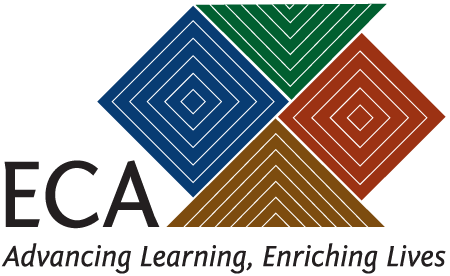
Research & Evaluation Projects
Evaluation of Federal Preschool Expansion Grant for the Maine Department of Education
ECA was hired to evaluate the implementation of Maine’s Preschool Expansion Grant (PEG), which consists of full-day preschool through public-private partnerships in 13 different Maine public school districts. The federally funded multi-year grant targets school districts to expand high-quality early childhood education to four-year-old children whose families earn under 200 percent of the federal poverty line. ECA’s evaluation addressed fundamental questions: Did the project improve child outcomes and classroom quality? What aspects of PEG were associated with better classroom quality and student outcomes? Read more.
Coordinated Family and Community Engagement (CFCE)
ECA conducted statewide analyses of the needs assessment reports submitted by 90 CFCE grantees. These 90 projects provide comprehensive support for children and their families through educational programming and referrals to a broad range of service providers that is based on a comprehensive needs assessment. Read more.
Study of Universal Preschool Models and Projection of School-Age Population
Early Childhood Associates and its partner, the University of Massachusetts Donahue Institute (UMDI), were awarded a contract by the City of Cambridge MA to conduct a study of the existing mixed service delivery system of preschool programs serving children in Cambridge; provide an analysis of the feasibility and implications of various options for expanding access to high quality affordable preschool; and prepare population and demographic estimates for school age children to assess the impact on space needs for the Cambridge Public Schools (CPS). Read more.
Adverse Childhood Experiences (ACES)
The Maine Resilience Building Network hosted a year-long professional learning series about Adverse Childhood Experiences and Resiliency for hundreds of early childhood providers and leaders in private and public early childhood settings. The evaluation examined whether this approach increased provider and leadership capacity to address issues vulnerable children and families face. We gathered demographic information about the participants and community characteristics across 17 sites. Participants completed pre-and post-training evaluation questionnaires to examine the attainment of learning goals, training topic relevance, usefulness and impact, and participant understanding and skill level changes. Conducted interviews to gather additional information on implementation and impact.
Inclusion Initiative
Directed by the University of Southern Maine and the Maine Department of Education, the initiative aimed to increase the competency of Maine’s early care and education settings to serve children with disabilities or suspected delays through a continuum of professional development supports for Pre-K teachers, special education staff, and administrators. ECA conducted focus groups and surveys with inclusion initiative participants and program facilitators. Reviewed documents and feedback routinely collected after each professional learning and TA experience to inform how the initiative impacted inclusive practices and knowledge and skills of participants and offered consideration for large-scale implementation in subsequent years.
